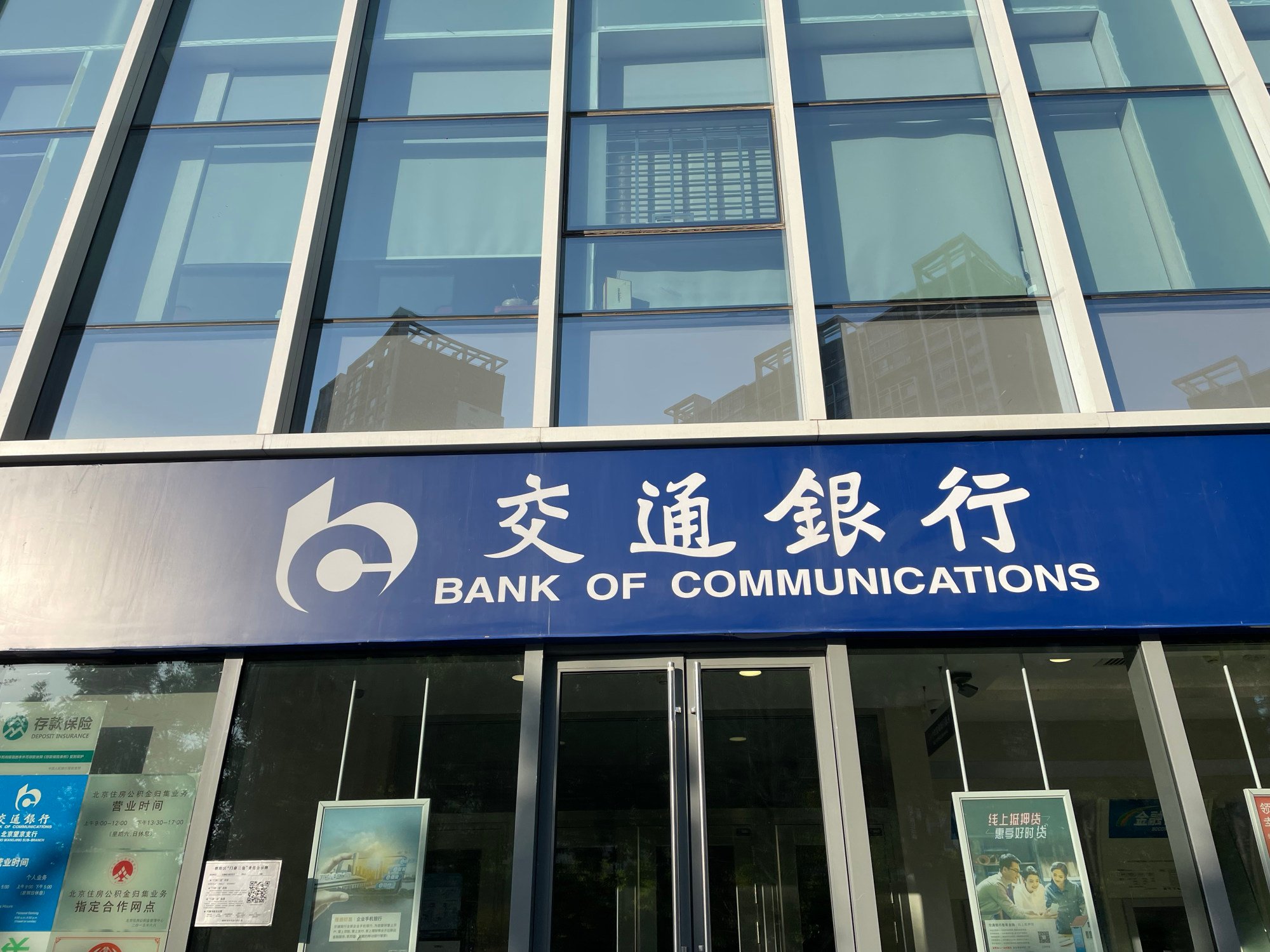China’s state-owned banks are poised to cut their mortgage rates, answering the government’s call to make housing more affordable and stimulate consumption as the world’s second largest economy slows, a move that analysts say would only have a limited impact.
Bank of Communications has scheduled a meeting at 3pm today to “initiate the project to adjust the existing mortgage rates on personal home loans,” according to a notice obtained by the Post. The bank’s investor relations officers said they are not authorised “to disclose information to the public” regarding the meeting, scheduled at the bank’s Shanghai head office.
“Cutting outstanding mortgage rates is a positive step towards lowering household burden and stimulating consumption. Assuming banks cut existing mortgage rates by 50 basis points, it can boost 0.4 per cent of retail sales in the best optimistic scenario,” said Gary Ng, a senior economist at Natixis Corporate and Investment Bank.
“However, the impact may be less as the move only partially repairs consumer confidence. It does not change the fundamental problem of deteriorating economic and income growth outlook, meaning households still have a high tendency to save more. The move is not a game changer, and the impact on big-ticket items and property purchases will be mild.”

Investor relations officers at China Construction Bank (CCB) and Agricultural Bank of China (ABC) said they could not immediately say whether their banks are planning similar cuts, while Industrial and Commercial Bank of China (ICBC) and Bank of China could not be reached for comment.
Advertisement
“The policy is unclear at the moment,” said a CCB spokesperson. “We are still in communication with regulators.”
Nine days ago, China’s central bank surprised the market when it reduced the one-year loan prime rate (LPR) used as the benchmark for corporate loans by a less-than-expected 10 basis points, while leaving the five-year LPR on mortgages unchanged. The underwhelming move raised concerns about authorities losing the grip with its housing slump and sent the stock market into a tailspin.
China’s outstanding mortgage loans dropped for the first time on record in July, according to the central bank, underscoring the urgency for the government to take more measures to prop up the ailing property sector.
“The decision to lower rates for existing homeowners ahead of the annual adjustment is a step in the right direction, as it will address some of the existing issues in policy transmission,” said Carlos Casanova, UBP senior economist Asia. “Moreover, it means they are gearing up for larger cuts to the 5Y LPR in the months ahead.”
Advertisement
“Reducing existing mortgage rates has a loss for banks in the short term, but increases the credit stability in the medium and long term,” said Yan Yuejin, director of Shanghai-based E-house China Research and Development Institution. “Under similar policies, the operation of early repayment of mortgage loans has been reduced, and also objectively helped to reduce pressure on individual homebuyers.”
Advertisement

